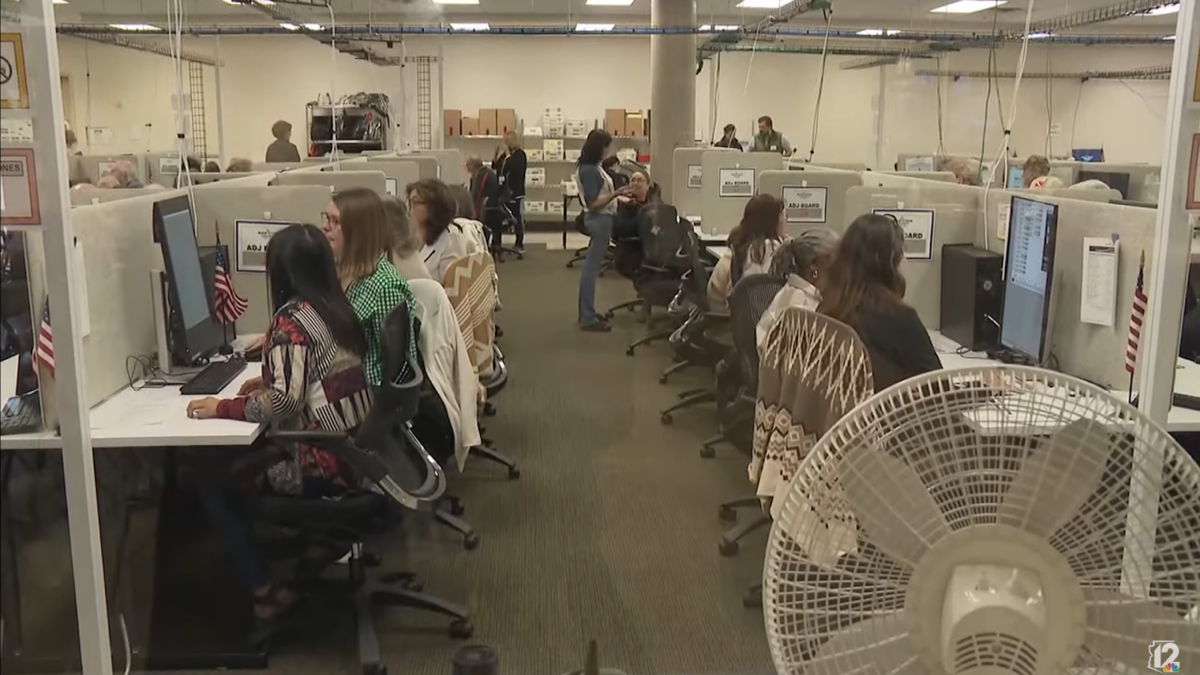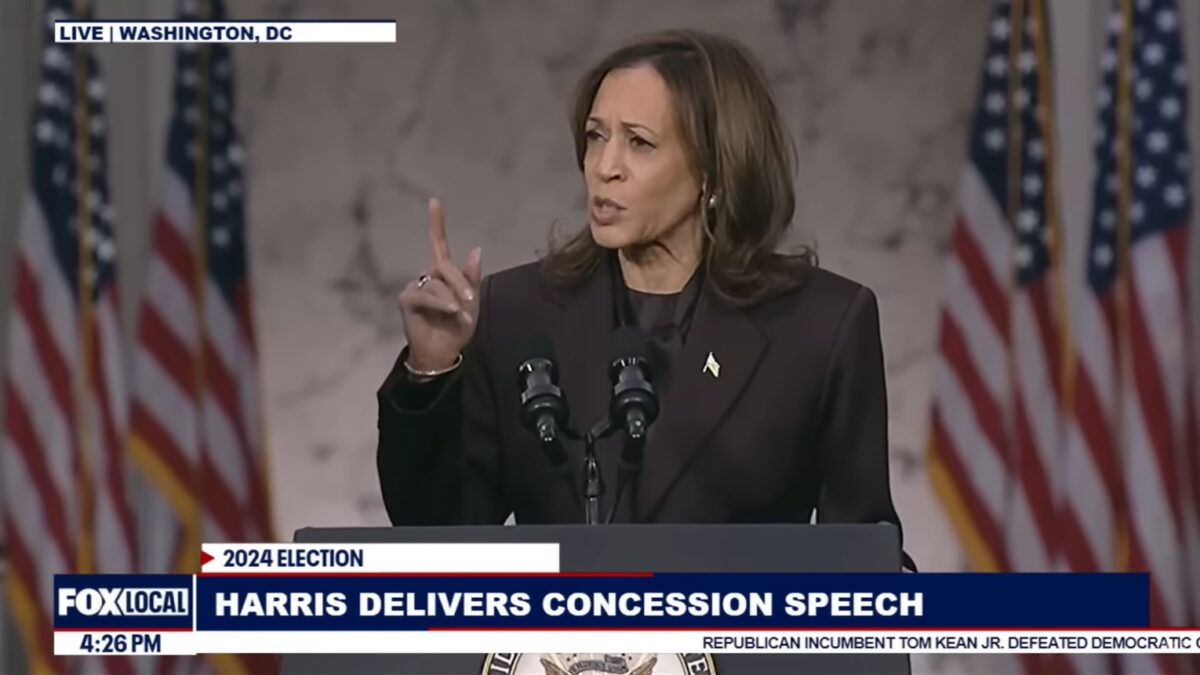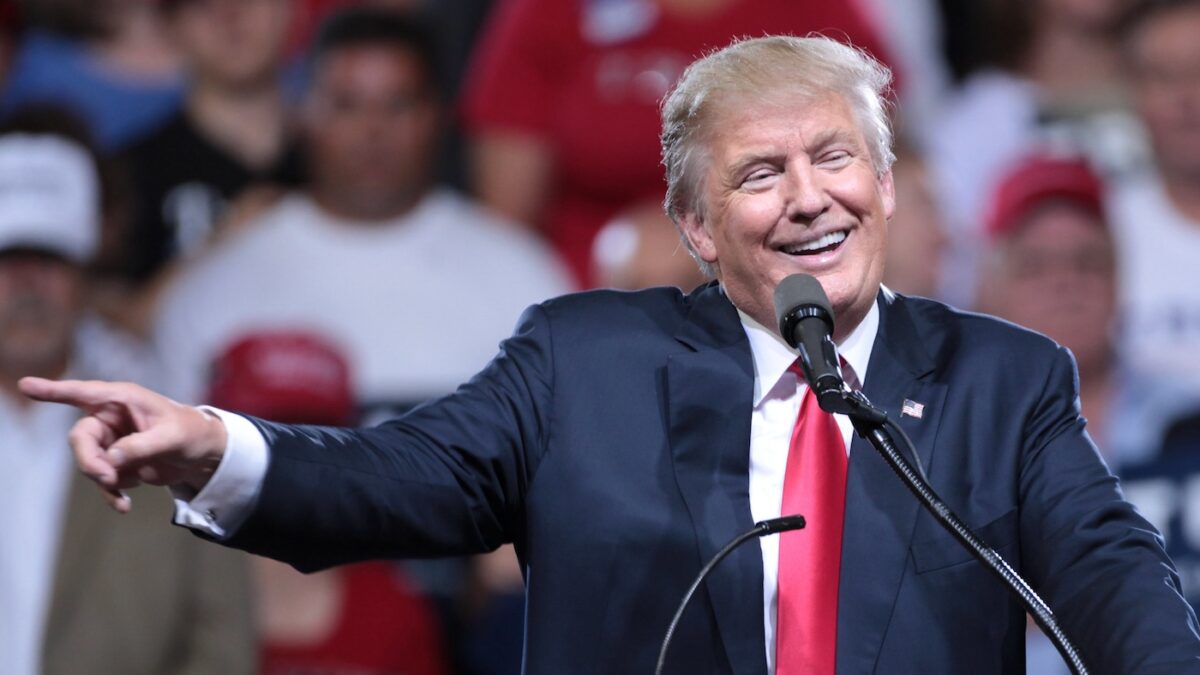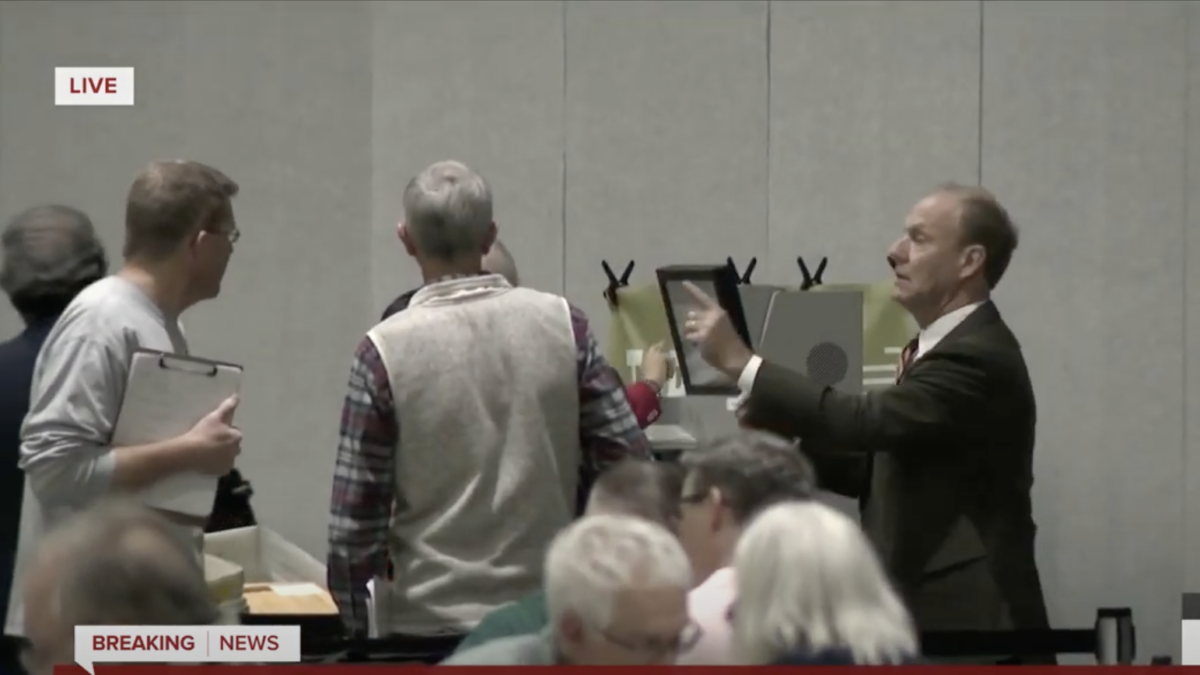A majority of Americans see “cancel culture” as a threat to freedom, according to a new survey out this week.
The poll, reported exclusively by The Hill on Monday, shows 64 percent of those interviewed said there is “a growing cancel culture” which threatens their freedom. Thirty-six percent disagreed.
“Additionally, the poll found that 36 percent of Americans said cancel culture is a ‘big problem,’ while 32 percent called it a ‘moderate problem,'” the paper reported. “Another 20 percent said it was a ‘small problem’ and 13 percent said it is ‘not a problem.'”
The survey also revealed a majority of Americans are afraid to share their views online out of concern over retribution from their employers or Big Tech oligarchs who dictate speech in the 21st century digital public square.
“The poll found that 54 percent of respondents said they were ‘concerned’ that if they expressed their opinions online that they would be banned or fired, while 46 percent said they were not concerned,” The Hill reported.
The poll, conducted by the Harvard Center for American Political Studies with Harris Insights & Analytics between March 24-25, surveyed 1,945 registered voters.
“As a representative online sample, it does not report a probability confidence interval,” The Hill wrote in lieu of a margin of error.
The survey comes as cancel culture reaches new heights, where individuals are either de-platformed or tossed into unemployment for sharing controversial views. Cancel culture also goes after past statements made, dug up in bad faith by the woketopian left, who then deploy online mobs against any dissent.
Even individuals on the left have fallen victim to the growing cancel culture perpetuated by their own movement.
Former Axios political reporter Alexi McCammond was let go from starting her new job as editor-in-chief of Teen Vogue earlier this month after staffers uncovered past tweets the New York Times described as, “comments on the appearance of Asian features, derogatory stereotypes about Asians and slurs for gay people.”
McCammond had apologized for the tweets posted in 2011, but fell victim to the ire of staff anyway, and ended up unemployed.
Hey there: I’ve decided to part ways with Condé Nast. Here is my statement about why – pic.twitter.com/YmnHVtZSce
— Alexi McCammond (@alexi) March 18, 2021
Even popular fictional figures of decades past have fallen to the vindictive cancel culture breeding a new cultural revolution.
The publisher of Dr. Theodor Seuss’s infamous children’s books announced at the start of the month it would halt the promotion of six illustrated books because of “racist and insensitive imagery.”
The books, “And to Think That I Saw It on Mulberry Street,” “If I Ran the Zoo,” “McElligot’s Pool,” “On Beyond Zebra!,” “Scrambled Eggs Super!,” and “The Cat’s Quizzer,” will no longer be published by Dr. Seuss Enterprises.
“These books portray people in ways that are hurtful and wrong,” the publisher told the Associated Press.
The cancel culture movement picked up at a rapid pace in the aftermath of George Floyd’s Minneapolis death as militant mobs torched American cities in the name of social justice. Statues of historical figures from Christopher Columbus to Abraham Lincoln were defaced and torn down. The classical cinema “Gone With the Wind,” which featured Hattie McDaniel as the first black actress to capture an Academy Award for her role in the film, was stripped from HBO’s streaming service, and an NBA announcer was fired last year for saying “all lives matter.”







